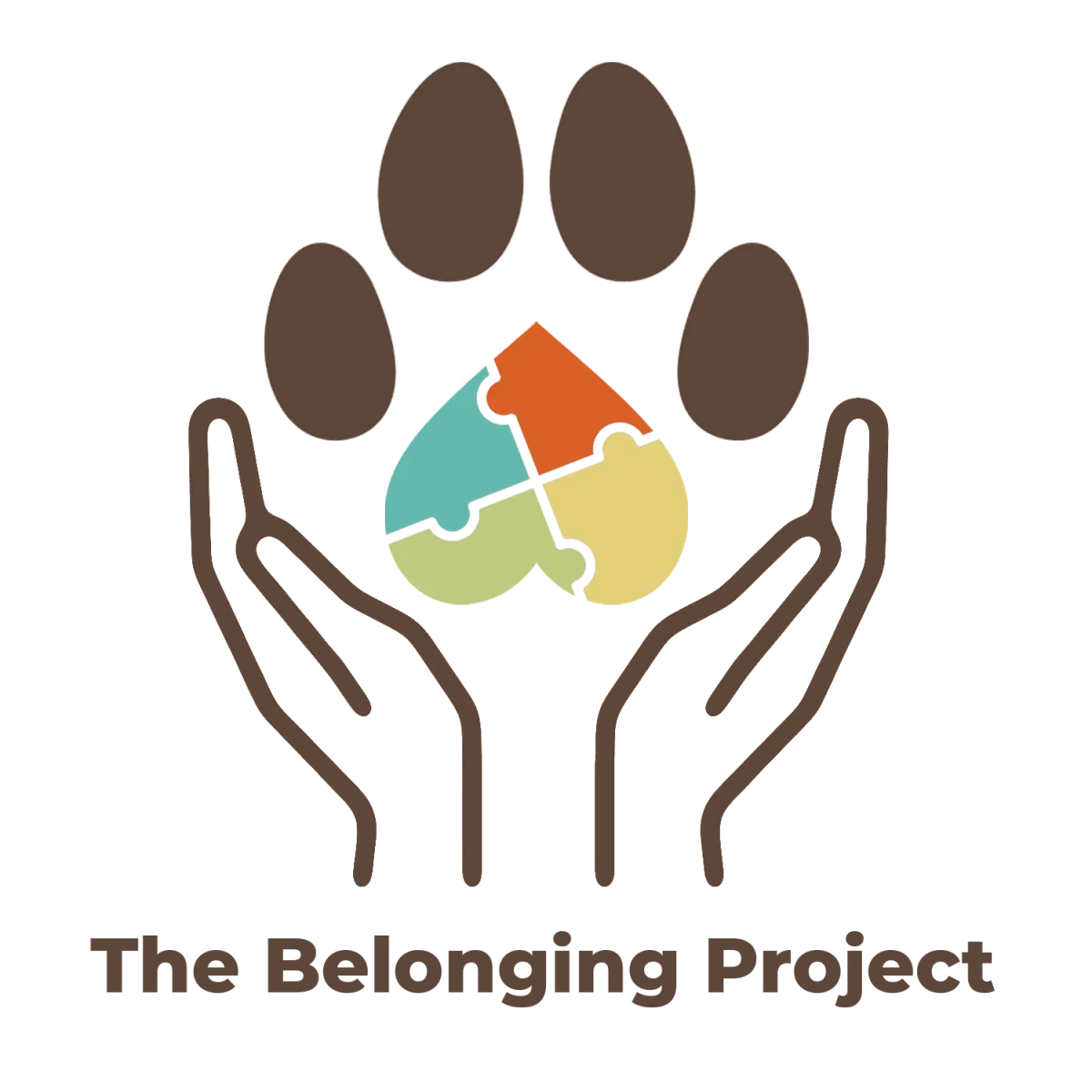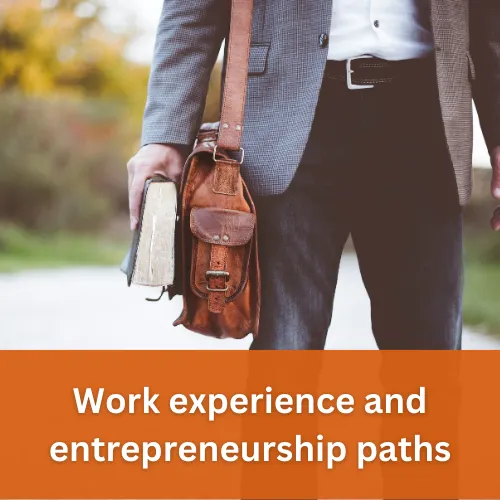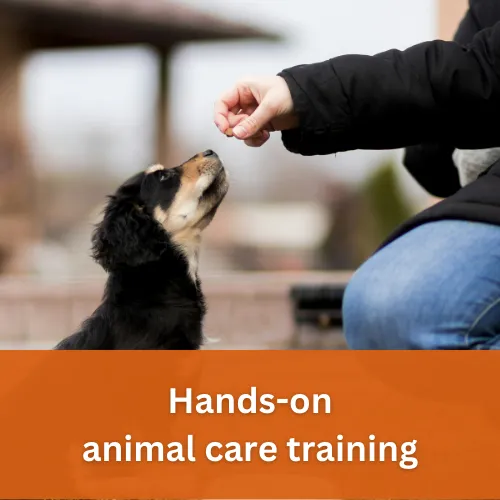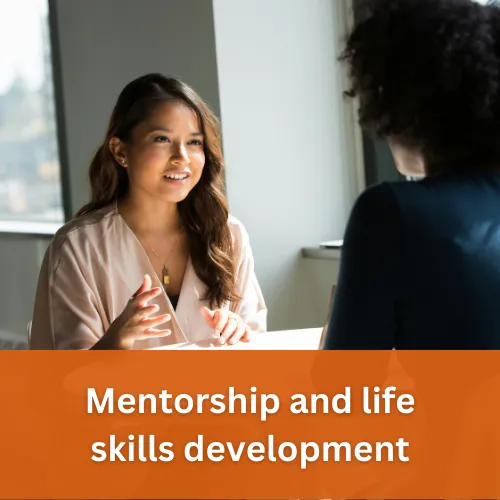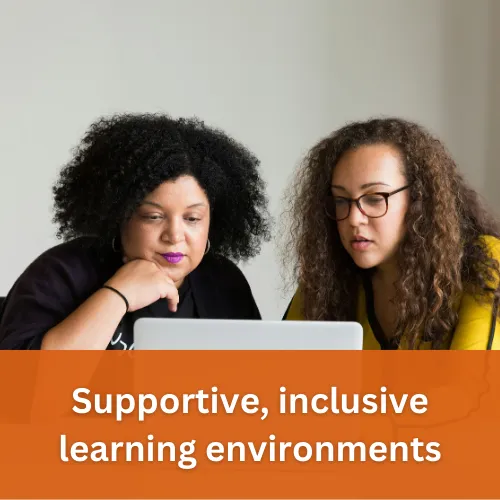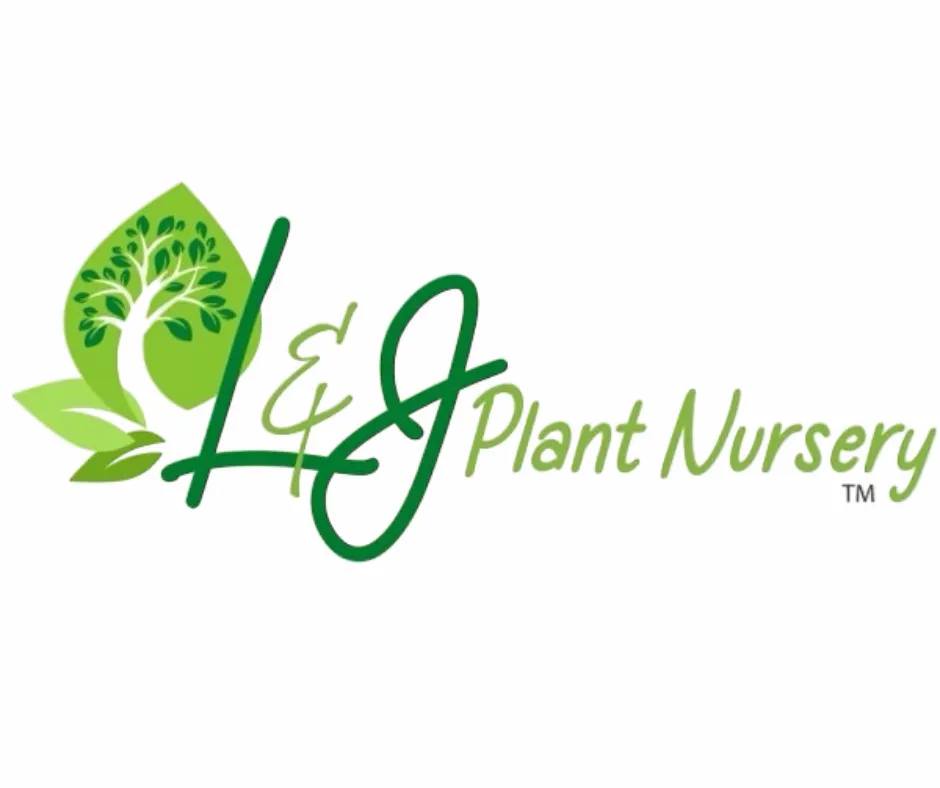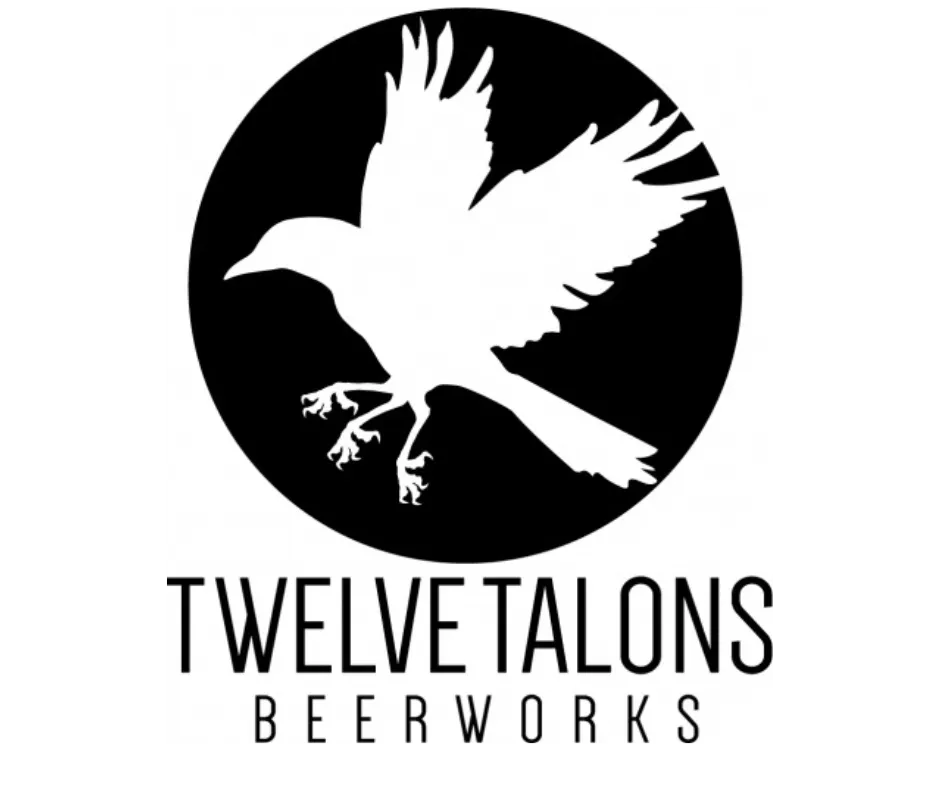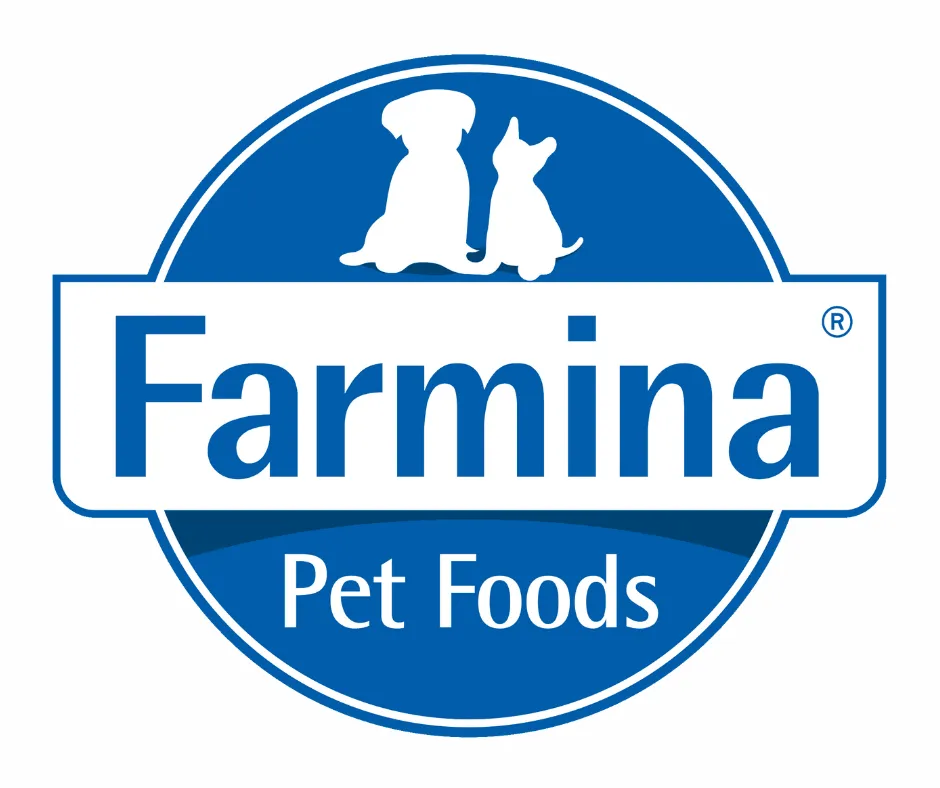The Belonging
Project
Creating Pathways to
Vocation and Opportunity
We’re redefining on-the-job training
and vocation through dogs, hands-on
learning, and community support.
The Belonging
Project
Where Purpose Meets Opportunity

We're redefining what career-building
looks like - through dogs, hands-on
training, and community.
WHAT WE DO
The Belonging Project provides real-world, immersive
on-the-job vocational training that empowers neurodivergent young adults
to build confidence, gain practical skills, and prepare for purpose-driven careers in animal care.
The Belonging Project provides real-world, immersive experiences that prepare neurodivergent young
adults for purpose-driven careers in the animal care
Through a combination of:

Hands-on
animal care training

Mentorship and life
skills development
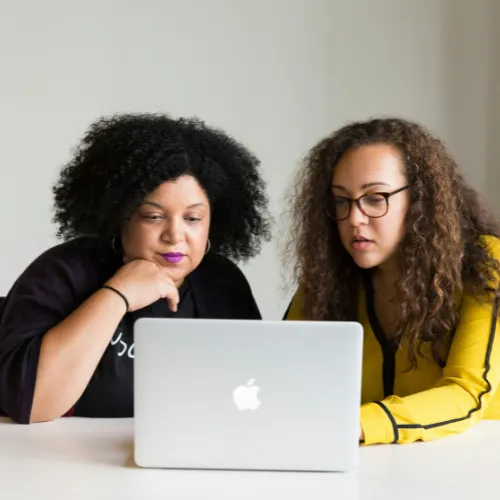
Supportive, inclusive
learning environments

Work experience and
entrepreneurship paths
...we help our participants move forward with confidence,
connection, and a sense of belonging.
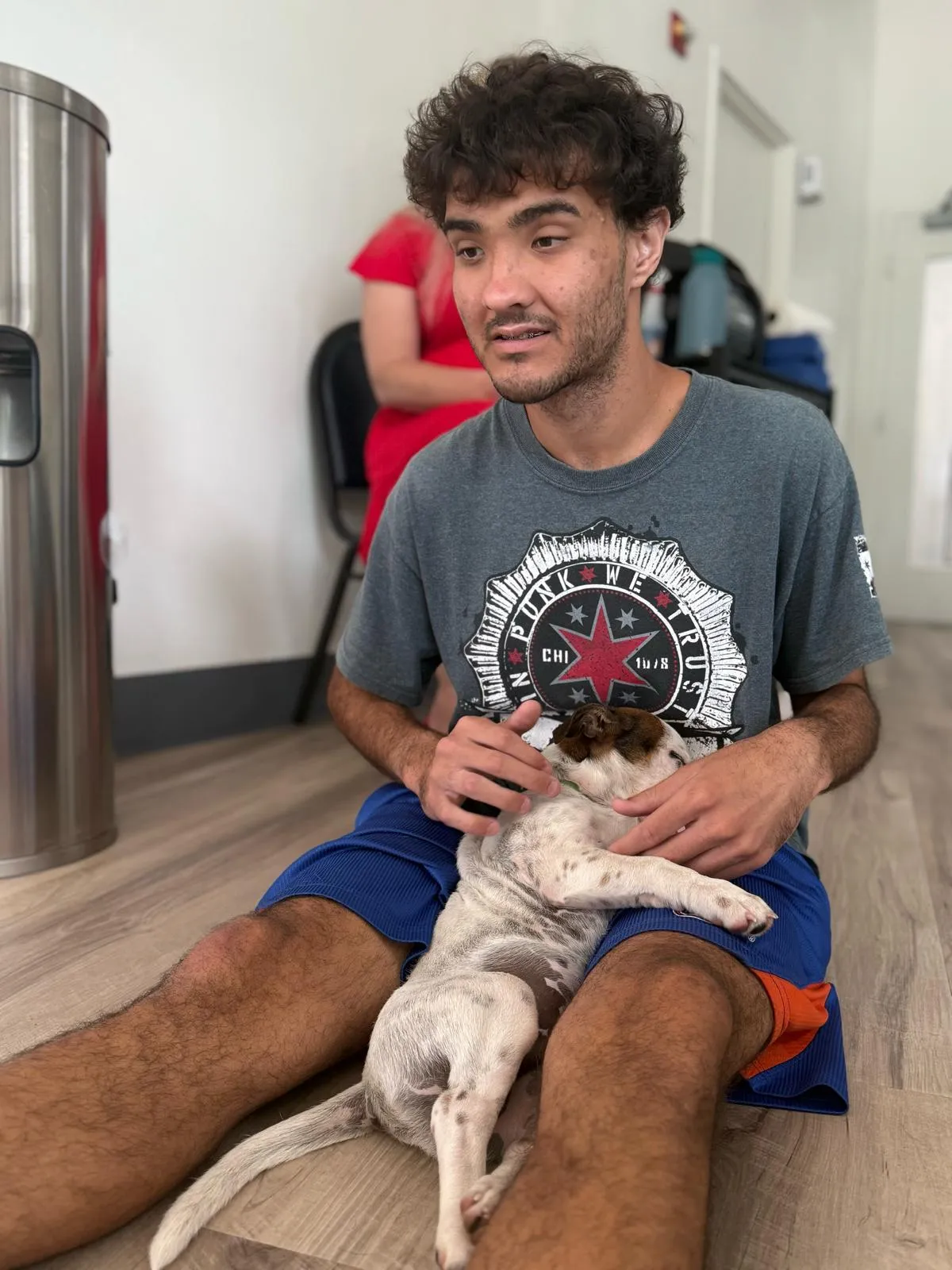
WHY IT MATTERS
Many neurodivergent young adults face barriers in education, employment, and community belonging. Traditional pathways often miss their unique strengths, learning styles, and perspectives.
The Belonging Project creates opportunities through on-the-job vocational training in animal care, where participants learn by doing. This
hands-on model helps them build both vocational and life skills—confidence, independence, teamwork, and connection—while preparing them for real career pathways and a stronger sense of belonging in their communities.
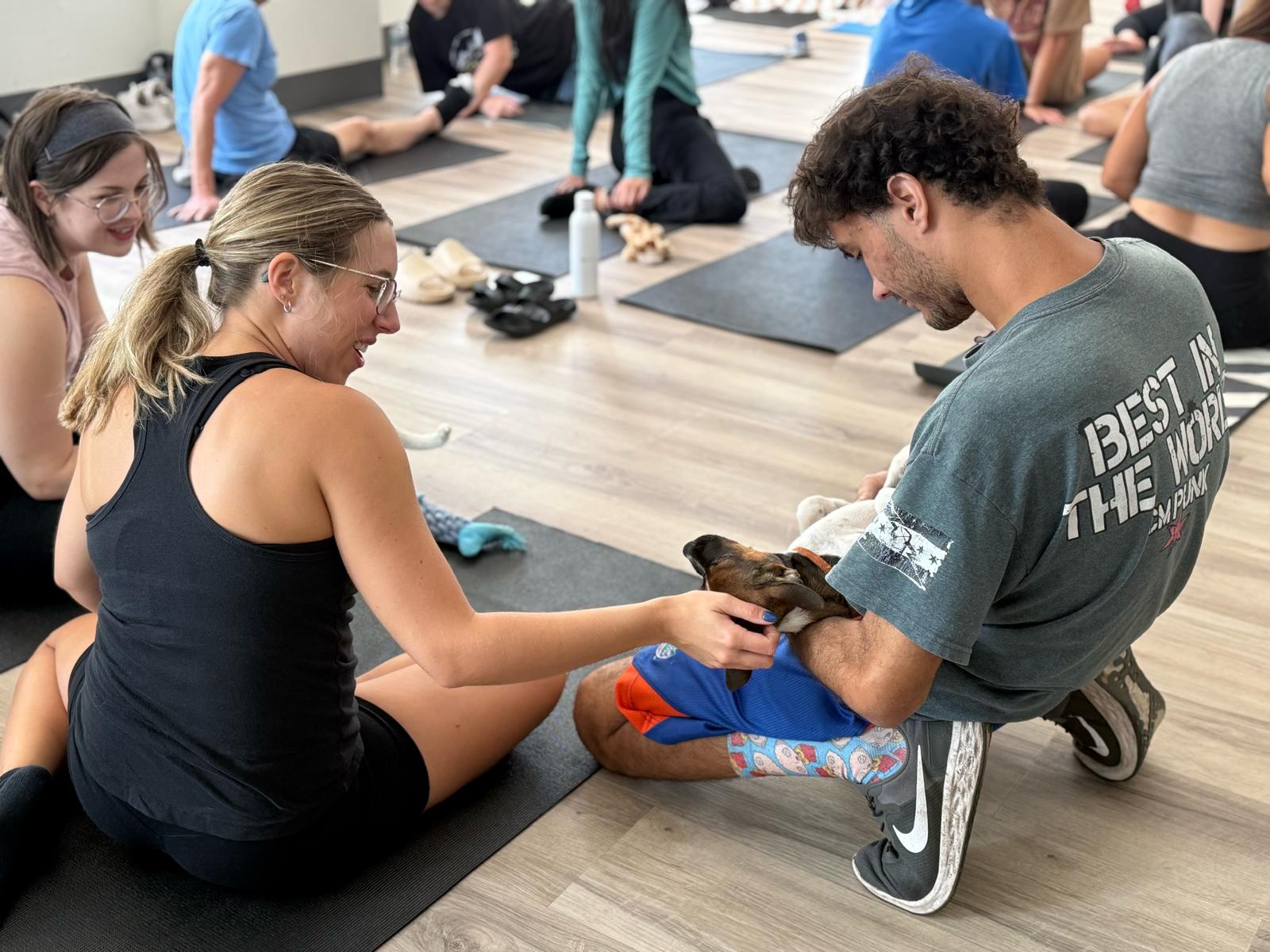
OUR APPROACH
We follow a strengths-based, neurodivergent-affirming approach that values different ways of thinking and learning.
Our 12-week program combines structured,
on-the-job vocational experiences with flexibility, adapting to each participant’s needs through clear instructions, visual supports, and sensory-aware environments.
By caring for dogs, practicing teamwork, and engaging in guided reflection, participants gain vocational skills alongside personal growth in resilience, self-advocacy, and leadership.
This balance of vocational training and real-world practice ensures the progress achieved here translates into future education, employment, and daily life.
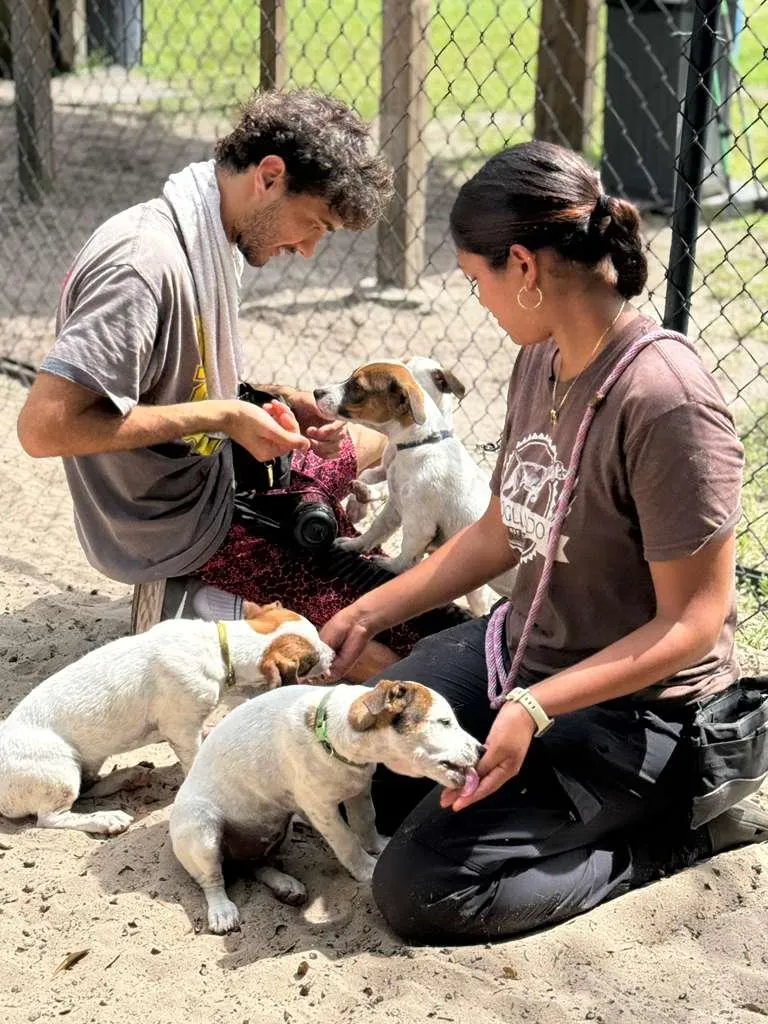
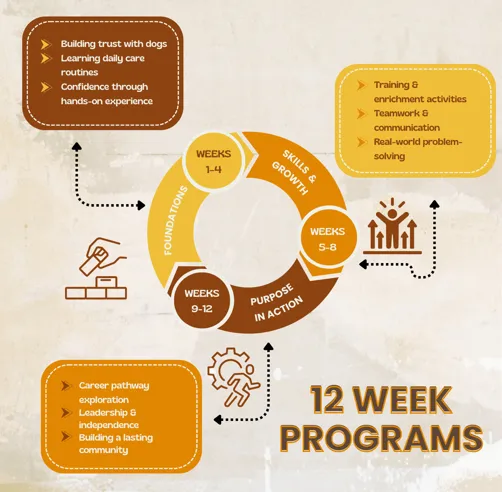
THE OPPORTUNITY
The pet industry is on track to reach $275 billion by 2030.
We're making sure our participants are equipped and
included - not just as workers, but as leaders and innovators in this space.
FAQ's
Program Basics
1. What is The Belonging Project?
The Belonging Project is a 12-week program that helps neurodivergent young adults build skills, confidence, and community through hands-on animal care and personal development.
2. Who is eligible to join the program?
The program is designed for neurodivergent young adults, typically ages 16–24, who are interested in building independence, confidence, and career skills.
3. How long is the program?
The program runs for 12 weeks with structured weekly activities and mentorship.
4. Where is the program located?
All sessions are hosted at Doglando Foundation in Orlando, Florida.
5. What is the time commitment each week?
Participants attend scheduled sessions 3–4 times per week, with a mix of hands-on training, mentorship, and group activities.
6. What kind of activities will participants be doing?
Participants learn dog care, grooming, enrichment, teamwork exercises, journaling, and basic career skills such as responsibility and communication.
7. Do participants need prior animal care experience?
No experience is required. We teach everything step by step in a supportive environment.
8. Is there a cost to join the program?
Yes, there is a program fee. Financial aid and sponsorship opportunities may be available for families who qualify.
9. What should participants bring each day?
Comfortable clothes, closed-toe shoes, a water bottle, and any personal items needed. All animal care supplies are provided.
10. What safety measures are in place when working with dogs?
Participants are always supervised by trained staff, and dogs are carefully matched to tasks to ensure safe, positive experiences.
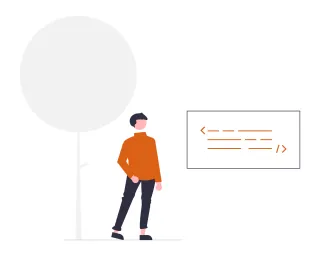
Learning & Support
11. What skills will participants gain from the program?
Participants learn responsibility, teamwork, animal care, communication, and problem-solving, all while building confidence and independence.
12. How is the program tailored to neurodivergent young adults?
We create structured routines, provide visual aids, break down tasks, and ensure every participant is supported according to their individual needs.
13. Will participants receive one-on-one support?
Yes. Each participant has access to mentors and staff for guidance and encouragement throughout the program.
14. How do mentors and staff support participants during the program?
Mentors model tasks, offer coaching, and provide feedback. They also create safe spaces for reflection and growth.
15. What happens if a participant struggles with a task?
Staff adjust the activity, break it into smaller steps, and provide encouragement. The goal is progress, not perfection.
16. Are accommodations available for different learning styles?
Yes. We adapt teaching methods to match each participant’s needs, whether visual, auditory, or hands-on.
17. How do you ensure participants feel included and safe?
We emphasize respect, patience, and community. Every participant is valued for who they are.
18. How will progress be tracked and communicated to families?
Progress is tracked weekly and shared through check-ins, written updates, or meetings with families.
19. What opportunities are there for participants to build social skills?
Group projects, team animal care, and mentorship sessions naturally encourage communication, collaboration, and friendships.
20. How does the program prepare participants for future jobs or independence?
By teaching responsibility, time management, and confidence, participants leave with real-world skills that apply in jobs, school, and daily life.

Outcome & Next Steps
21. What happens after the 12-week program ends?
Participants can explore advanced opportunities, mentorship, or alumni activities with Doglando Foundation.
22. Will participants receive a certificate or recognition?
Yes, graduates receive a certificate of completion celebrating their journey and accomplishments.
23. Are there opportunities to continue with Doglando Foundation programs?
Yes, participants may join volunteer programs, mentorship, or advanced workshops.
24. How can participants use these skills in future careers?
Skills learned transfer into animal care jobs, customer service roles, teamwork environments, and entrepreneurial paths.
25. Do you provide job placement support?
While we don’t directly place participants in jobs, we offer guidance, connections, and resources for next steps.
26. How do you measure success for participants?
Success is measured by growth in confidence, independence, and skills — not just tasks completed.
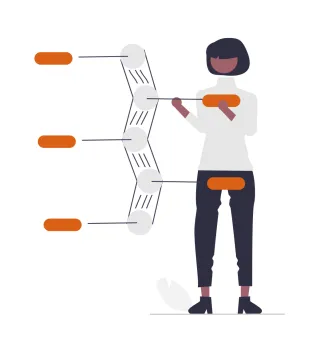
Logistics & Communication
27. How do parents/guardians stay updated on participant progress?
Families receive regular updates through email, phone check-ins, and optional progress meetings.
28. Who should we contact with questions or concerns?
You can reach the program team via email at [email protected] or phone at (407) 574-3160.
29. How do you handle emergencies or health concerns during the program?
Staff are trained in safety protocols. Families are contacted immediately in case of emergencies, and medical support is available if needed.
30. How can families stay involved or support The Belonging Project?
Families can volunteer, share the program in their networks, or support through donations and advocacy.
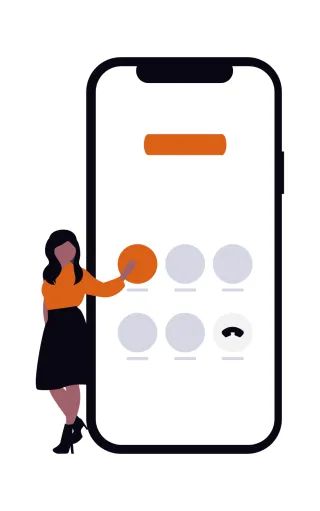
ELIGIBILITY
The Belonging Project is open to neurodivergent young adults who are interested in building confidence, independence, and career skills through hands-on animal care. Participants should be able to follow basic instructions, engage safely in group activities, and commit to the full 12-week program.
SUBMIT AN INQUIRY
If you're interested in learning more about The Belonging Project or getting involved, we invite you to submit an inquiry form.
Just like our process at Doglando Foundation, this helps us understand your needs and get the right information to you quickly.
(We'll follow up within 2 business days.)
GET INVOLVED
Whether you're a potential participant, parent, organization, or supporter — we'd love to connect with you.
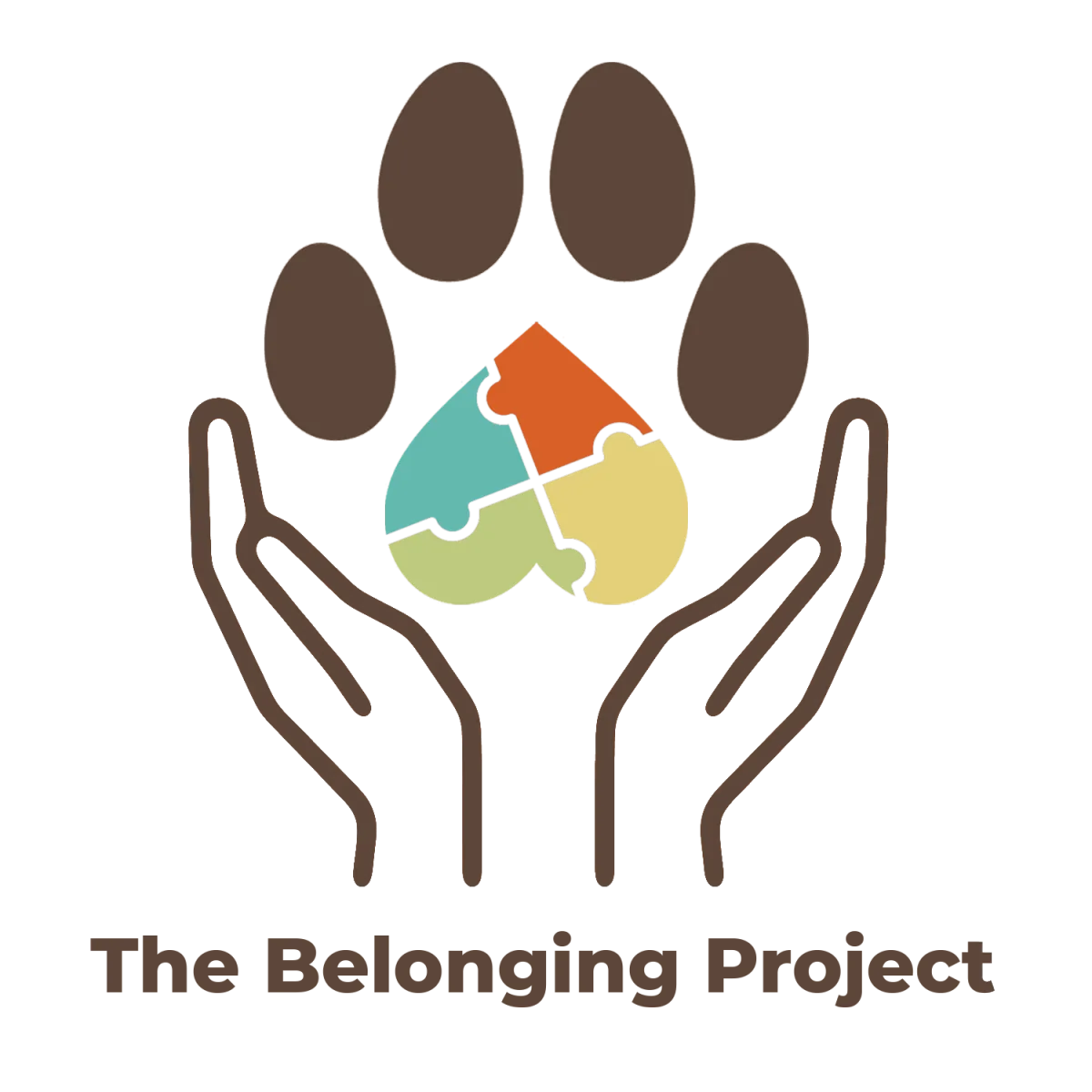
© Copyright 2026. Doglando Foundation.
All Rights Reserved.
